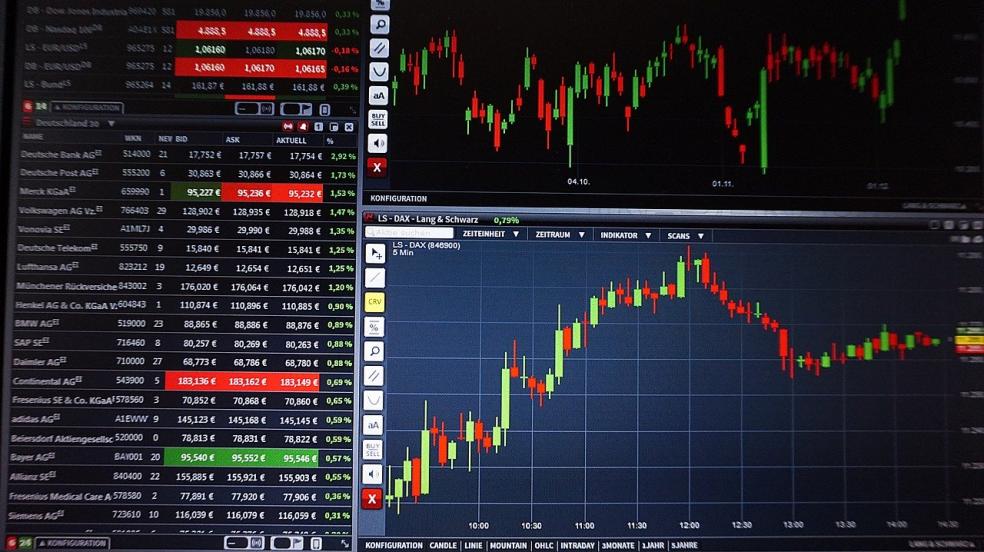
The Demographics of UK Investors
The UK has a long history of buying and selling. The London Stock Exchange is among the world’s oldest, with more than $4.59 trillion collectively at play there. Every day, millions of pounds-worth of assets change hands – but exactly what sort of person is doing the buying and selling?
Gender
There are significant differences in behaviour between men and women when it comes to financial risk. Unsurprisingly, most investment bankers are men; around 83% of those regulated to give financial advice are men. While the overall performance of the two genders is broadly consistent, there are a few specific differences in behaviour. Men tend to be more willing to take risks with money, especially when they’re in an environment where other men are doing the same thing.
According to a study by Warwick Business School, which analysed the performance of 2,800 investors, women outperform men by around 1.8% overall. When asked, the women in the study reported less of an inclination to chase a single big win, and more of a rational, risk averse approach. Women also trade less frequently, which, researchers speculate, is because the decision to invest is driven by a need to support their long-term goals, rather than to indulge into some harmful impulse. While it’s tempting to draw sweeping conclusions from this study, of course, it would probably be wiser to wait for further data.
Age
If you’re going to invest money, then it follows that you’ll need to have saved it up in the first place. And this implies that you’ll need to have spent time doing so. As such, older baby-boomers are overwhelmingly more likely to have the disposable income required. Younger people are increasingly less like to save, and thus less likely to invest. Moreover, older people are more likely to have the resources to invest in wealth management services, especially in wealthier areas like London, who’ll be able to make the best-informed decisions on their behalf when it comes to their portfolio of assets.
Figures released in 2018 by the ONS indicate that 53% of twenty-somethings have no savings at all (a fall from around 53% the previous decade) Moreover, of those that do have something saved, around four in ten have less than a thousand pounds. As such, it’s no wonder that they aren’t investing in sophisticated financial products.
This has several implications, among the most startling of which is the likelihood that an aging population will eventually convert its assets into cash en masse, in order to consume more into retirement. This could theoretically lead to a slump in demand for assets, and an according slump in their value. The damage inflicted on markets could be lasting, and the subject should be one of intense debate if this scenario is to be avoided.











